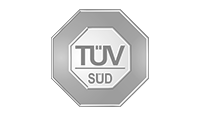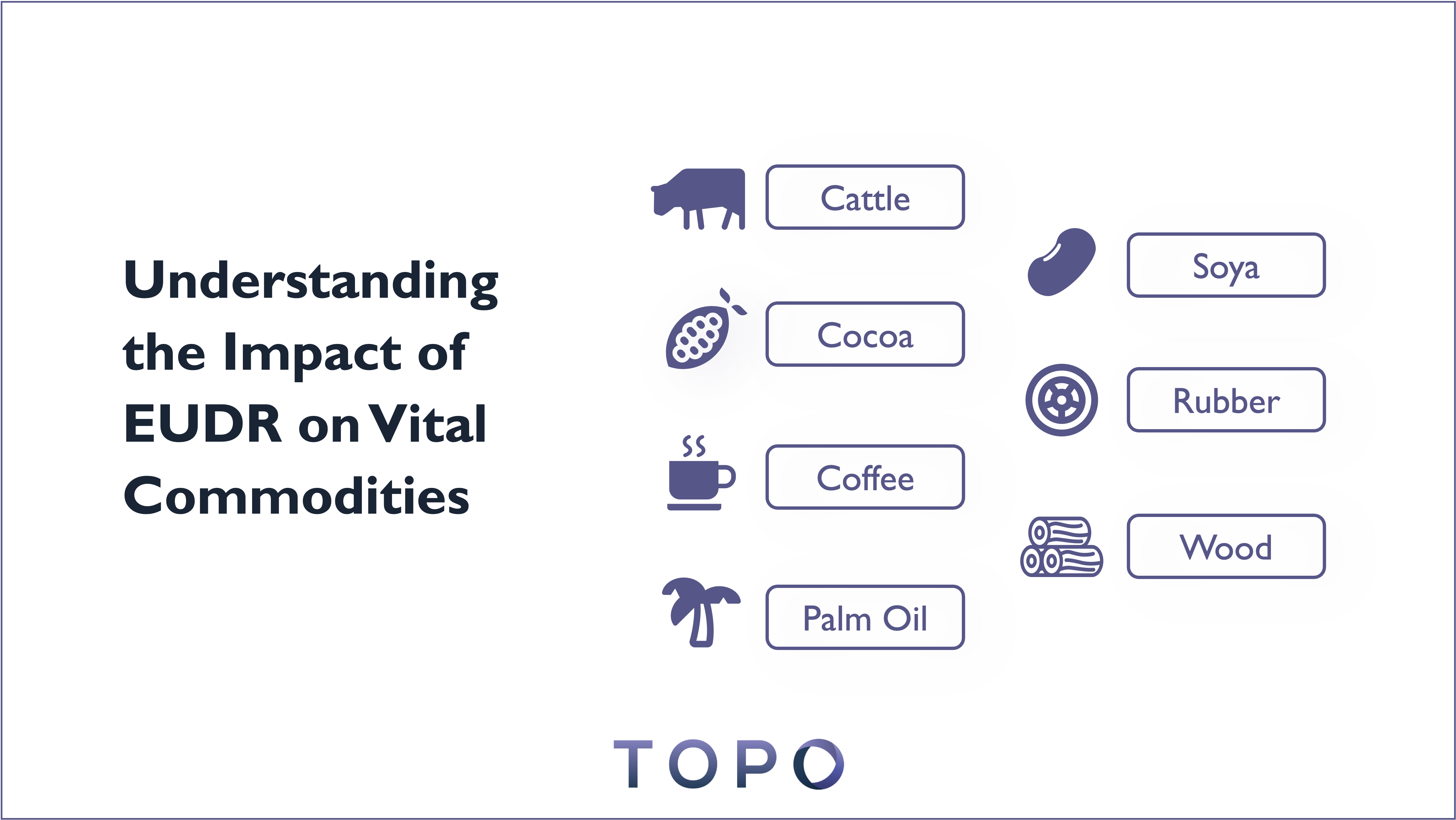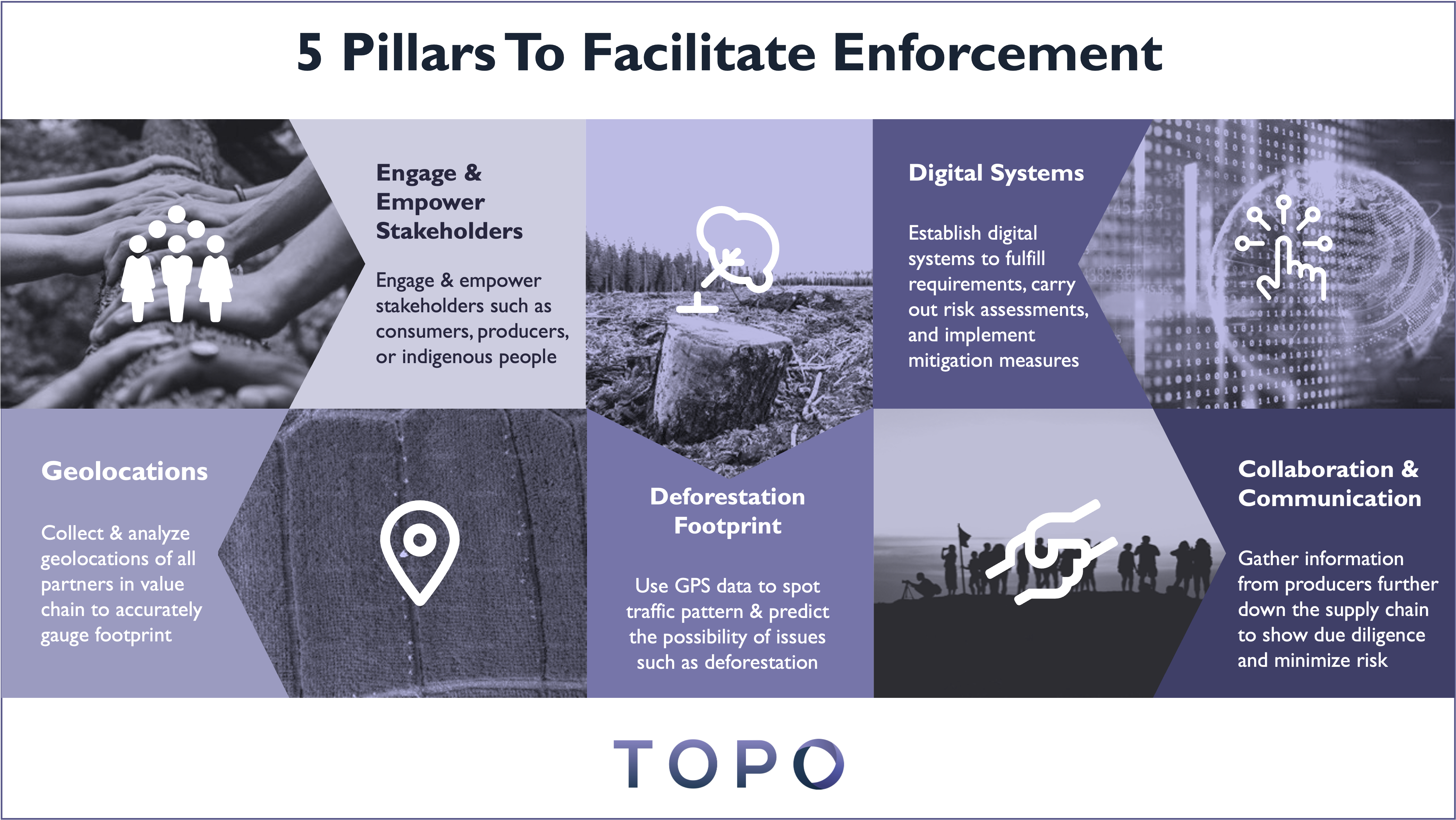Request a Demo
Trusted by leading brands, retailers, manufacturers and service providers across industries such as:
















Deforestation and forest degradation are taking place at an alarming rate. Forests provide a broad variety of environmental, economic, and social benefits, including timber and non-wood forest products and environmental services essential for humankind, as they harbor most of the Earth’s terrestrial biodiversity. This is the rationale driving the European Union (EU) to adopt a new Regulation to prevent the import and export of products that are linked to deforestation and forest degradation.
The European Union Deforestation Regulation (EUDR), published in June 2023, is a pioneering initiative that aims to protect and restore the world’s forests while promoting sustainable trade and development. It aims to reduce the impact of products bought by EU and UK citizens on the world’s tropical forests and woodland regions worldwide. Although the primary obligations of EUDR Regulation will only be enforced from 30 December 2024, it will influence an organization’s marketability of relevant products produced this year, particularly impacting food and beverage companies. The regulation includes a ban on the import and export of non-compliant products, a due diligence requirement for businesses and traders, an obligation for EU and UK member states to ensure compliance, and the establishment of a EUDR database and information system. Once the Regulation is in force, businesses and traders will have 18 months to implement the new rules. Micro and small enterprises will be allowed 24 months from the date of implementation. The clock is ticking.
The regulation requires operators and traders to
Organizations are permitted to use an “authorized representative” to manage this process which can include tracking sources, data collection and processing, risk assessments, audit trails, and the submission of documentation.
The EUDR impact a wide range of commodities and products, including palm oil, cattle, soy, coffee, cocoa, timber, and rubber as well as derived products such as beef, furniture, or chocolates. The derived product list is extensive and includes, for example, all wood and paper products including charcoal and printed matter, and all rubber products including tires, gloves, and tubing. This regulation aims to ensure these goods are “deforestation-free,” meaning they were produced on land free from deforestation or forest degradation since 31 December 2020.

The regulation is expected to have a ripple effect on the global economy, as the EU is a major consumer and exporter of the covered commodities and products. The new rules will help slow down global deforestation and forest degradation, in turn reducing greenhouse gas emissions and biodiversity loss. The regulation will also help secure the livelihoods of millions of people, including indigenous peoples and local communities who rely heavily on forest ecosystems. The regulation intends to achieve a surge effect from rural producers up to national governments by encouraging companies to move from high-risk producers to low-risk commodity-producing manufacturers.
EUDR matters to the UK too. The regulation impacts UK businesses that import commodities and products from EU countries. To maintain good trade relations with the EU, UK companies need to maintain alignment.
A comprehensive due diligence tool can ensure information integrity, perform risk assessments, and action risk mitigation. Traceability is the key to compliance. Importers must be able to verify the chain of custody. For example, one important requirement is for affected companies to record the geographic coordinates (geolocation) of the plots of land where the commodities were produced. Digital mapping solutions cover this requirement. Traceability involves recording detailed information about each stage of the supply chain from the original source through to distribution.
Real-time tracking systems continuously gather data as materials and ingredients progress through your supply chain creating an audit trail. This includes both primary data from the source and secondary data from partners, agents, and service providers. The automation of EUDR reporting requirements and due diligence statements simplifies the process.
Technology helps the authorities verify and enforce the successful implementation of the regulation. For example, technology can help the designated governing bodies in the EU by:

Penalties for non-compliance will be laid down under national laws. Future remedies may include fines, confiscation of products, and prohibition from public procurement processes.
Consumers are increasingly concerned about the environmental impact of their purchases and are looking for ways to reduce their carbon footprint. They care about the provenance and sustainable sourcing of the food they eat and the products they use. The new regulation will help consumers make informed choices and encourage them to purchase products that are produced sustainably and do not contribute to deforestation and forest degradation. The regulation will also help secure the livelihoods of millions, including indigenous peoples and local communities across the world, who rely heavily on forest ecosystems. The regulation is one step towards a more sustainable future and a cleaner planet.
Discover how Topo’s innovative technology can facilitate enforcement. Connect with us today at hello@topo.cc